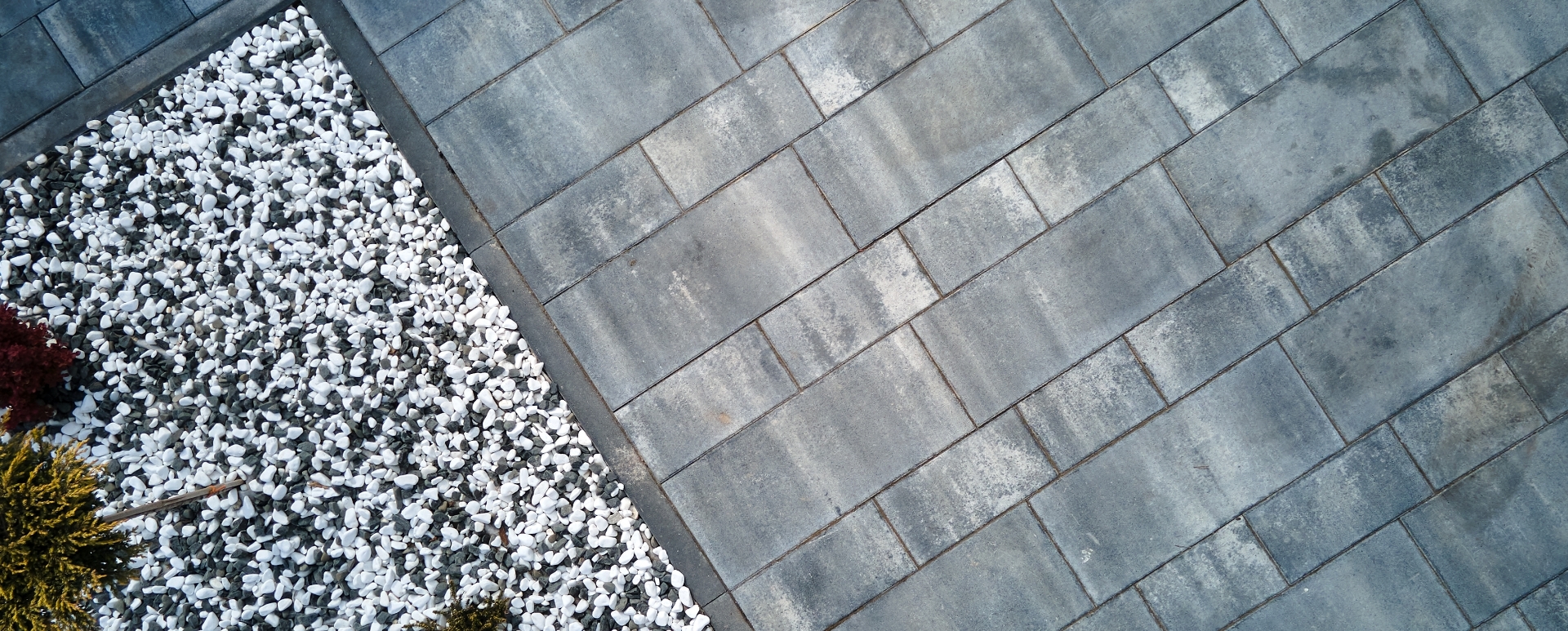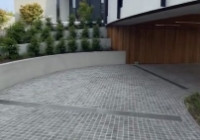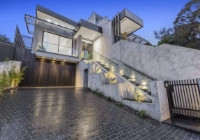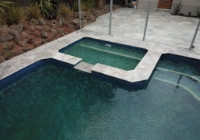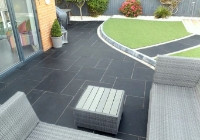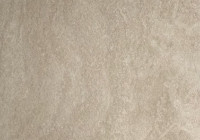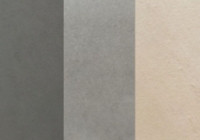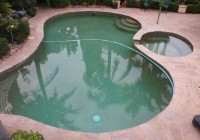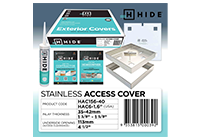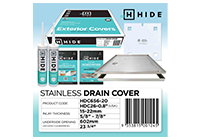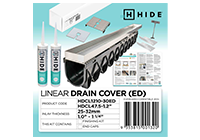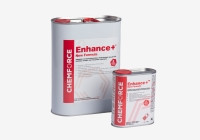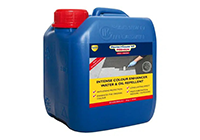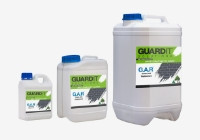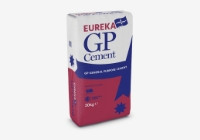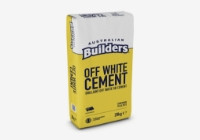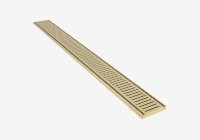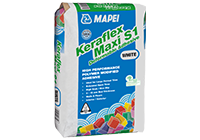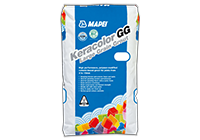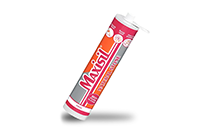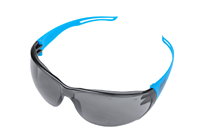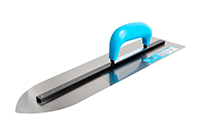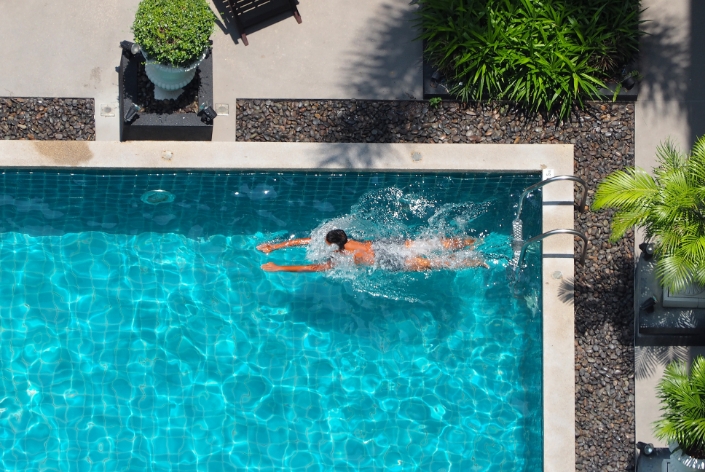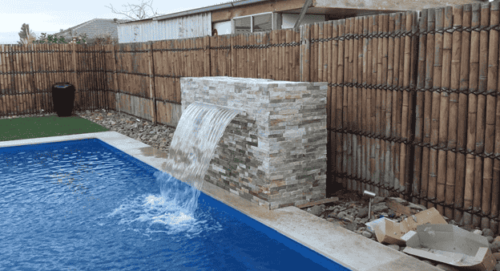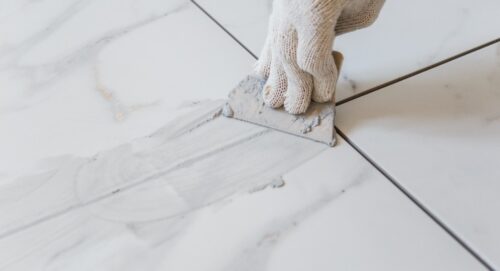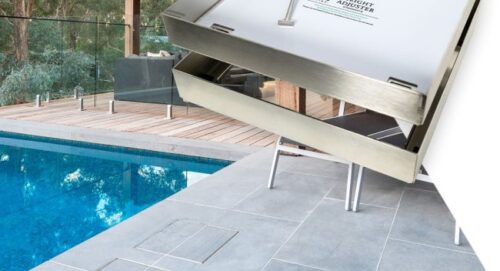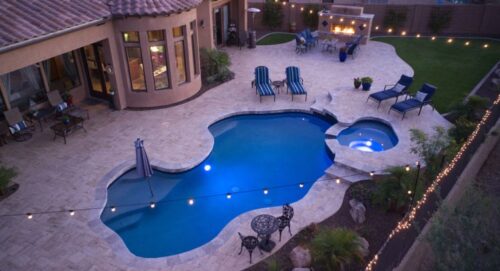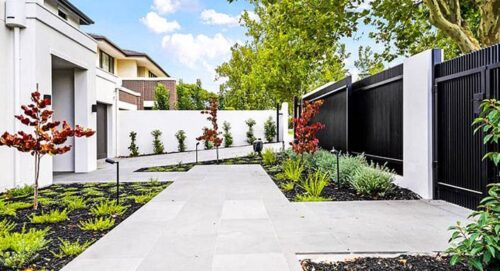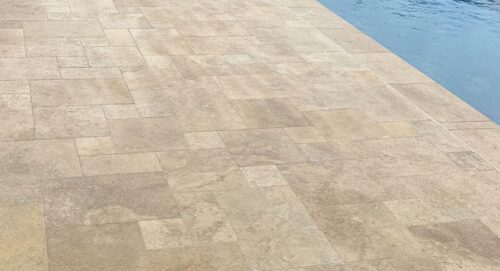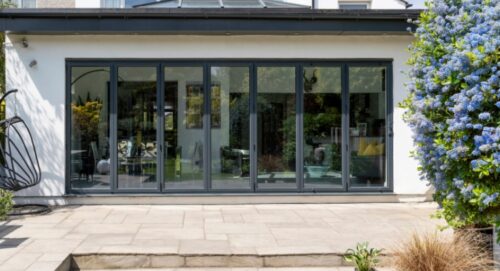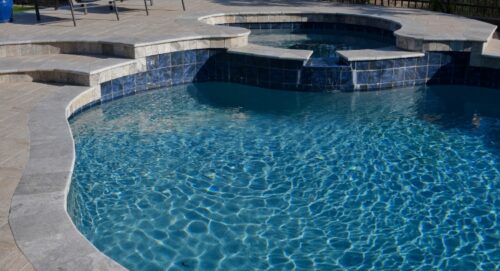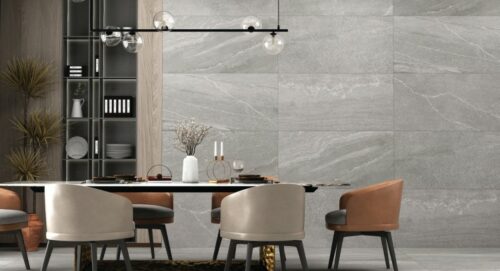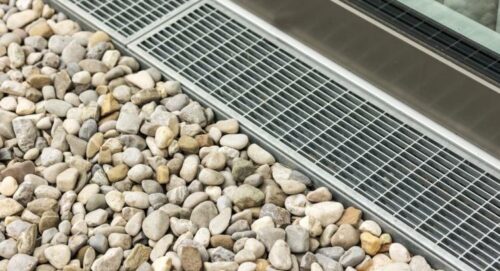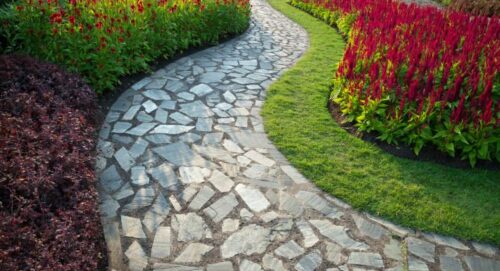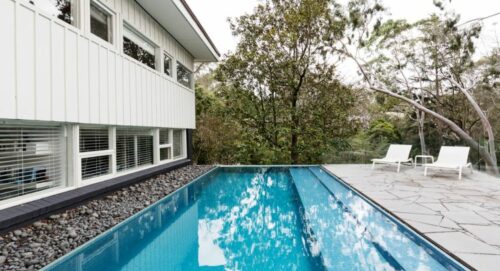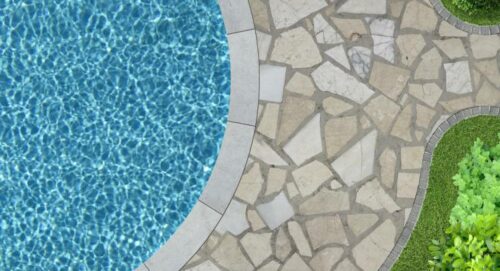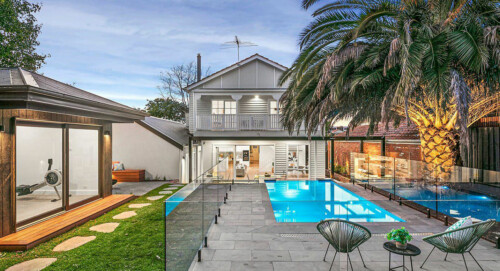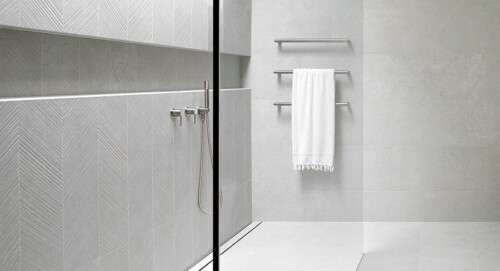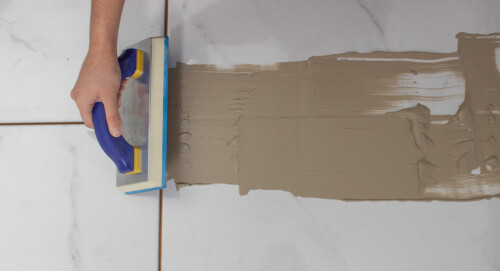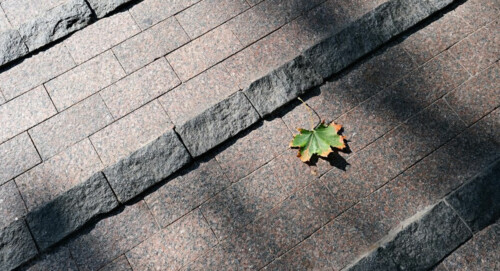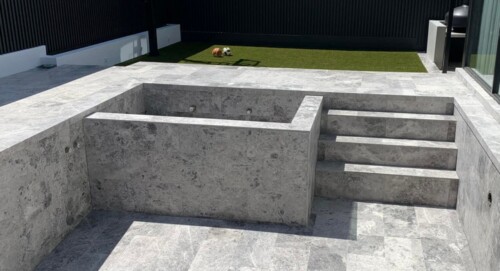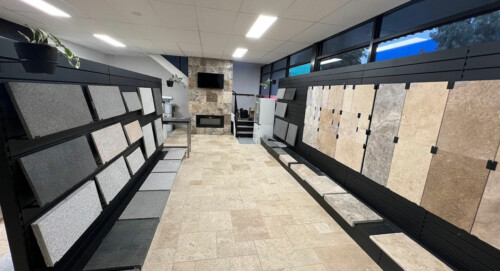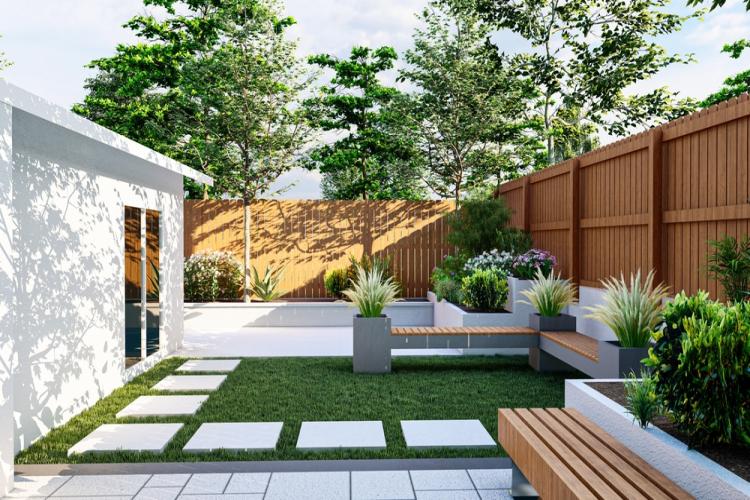
According to the Infrastructure Australia 2022 report, there is a combined value of $647 billion from 2025-2026 for construction projects listed in Infrastructure Australia’s Market Capacity Intelligence System. Households are always considering an upgrade!
Been planning to revamp your outdoor areas? Building projects can be stressful for anyone, and it's often , difficult to decide what paver will look best for your project.
This article will guide you to porcelain and concrete paving and how to make a decision. We'll weigh the pros and cons for you so you don't need to spend hours researching paving types.
Porcelain Pavers: Pros and Cons
Created by baking a mixture of sand, clay, and other minerals, porcelain pavers are put into a high-temperature kiln. This produces a durable, non-porous material known asporcelain paving! Let's look at some of the pros.
What are the pros of porcelain?
The pavers are durable
Used for centuries and suitable for endless applications, porcelain paving is made from clays and additives fired in a kiln up to 700 degrees Celsius. This makes porcelain hard to the touch, wear-resistant, and with incredibly low water absorption.
Porcelain also isn't susceptible to cracking, freezing, or thawing with its zero water absorption.
Since they have a high load-bearing capacity, porcelain works well for driveways or areas with a high foot traffic.
Porcelain is lightweight
Being only 3/4" thick–or 1 1/8" thick for 3cm pavers, porcelain paving is lighter than concrete and most natural stone.
It's easier to transport, move to your job site, and install, especially for rooftop deck applications where paving needs to be moved using elevators.
There's also a lot of sizing options on the market, which are sometimes impossible to obtain in a concrete paver. Factory-produced, porcelain paving are consistently accurate sizes, so you can lay them out with thin joints.
It is easy to clean
Porcelain has zero water absorption and is both stain and mildew-resistant, meaning that it doesn't need sealers or protective coatings to seal the surface. Debris or spills such as grease or oil–which is an issue for porous products such as concrete–can wipe chemical spills or fungus away.
For example, BBQs or grills are problematic with a lot of materials (such as wood decking) but you won't have this problem if you pick porcelain!
Porcelain looks beautiful
Do you want a desirable look for your garden? Considered a rich catalogue of colours and styles, this can give you more options for outdoor designs.
Colours are also deeper and richer, allowing for more variation in shade, light, and special effects like mica flecks. You can make your pavers appear modern, or pretty much indistinguishable from natural stone or wood.
Here are some of the popular styles you can choose from:
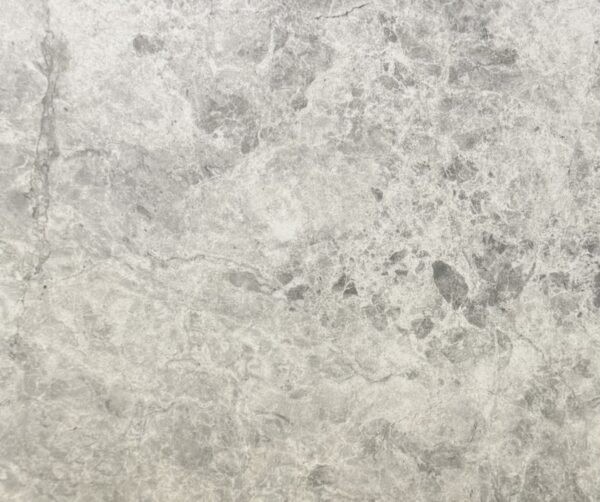
- Savannah Grey Porcelain Pavers
- Dora Cloud Grey Porcelain Pavers
- Raw Silver Travertine Porcelain Pavers
- Tundra Porcelain Pavers
And since porcelain pavers are thinner than concrete pavers, they can cover weather-worn cracked patios or existing wood decks. Better yet, porcelain has also looked brand-new for a long time!
What about the cons of porcelain paving?

Porcelain is harder to drill
In comparison to concrete, porcelain has a hard, dense nature, so more specialised tools are needed for cutting or drilling.
Diamond blades, for example, are used for the majority of large projects, although a wet saw is preferable. If drilling holes, it is critical to use drill bits designed for porcelain, and care must be taken to avoid cracking the tiles.
Porcelain can be brittle
Porcelain paving is tough, but since the material is fired at high temperatures, it is more brittle than concrete paving. It's a wise move to avoid dropping pavers on their corners, taking care installation-wise to prevent raised edges or chipping.
If porcelain pavers are being used on raised decks and supported under each corner, you need to consider the possibility of the paver breaking. In this case, protection devices such as self-adhesive protection sheets or metal plates should be used under pavers at 4" elevations.
More costly than concrete
Porcelain pavers often cost more than other paving options, so you may want to ensure it is the right investment for you.
However, this is only an initial outline of costs; when you compare the maintenance and lifetime value to concrete for example, the cost overall is a lot lower.
More preparation planning
Porcelain paving is thinner, so a lot more precision is involved when laying pavers on grade. Although you can lay them over sand or gravel beds, beds need to be prepared with a proper depth base material, compacted, and laid on a final layer of levelled fine gravel or sand.
For driveways, 3/4 of thick porcelain pavers are laid in mortar over a reinforced concrete base, and newer 1 1/8" pavers can be used over a compacted gravel base.Learn more about porcelain by reading the top benefits of porcelain pavers!
Concrete Pavers: Pros and Cons
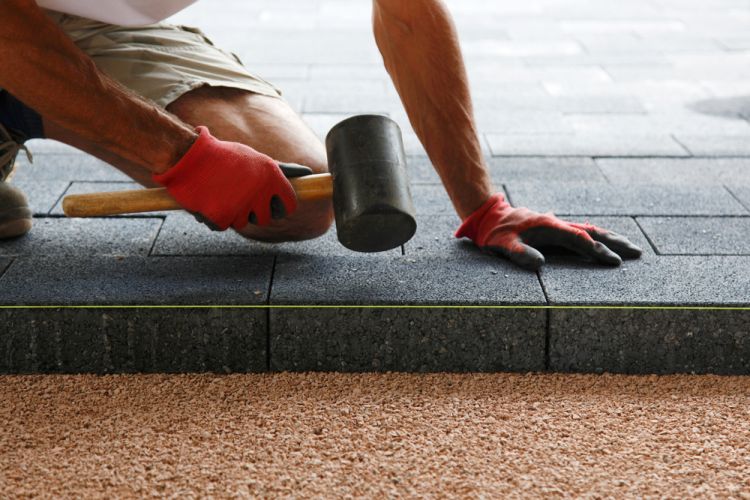
Also called paving stones or concrete pavers, concrete is a popular outdoor option for paving patios, driveways, walkways, and dozens of residential or commercial surfaces.
Concrete, which contains cement, gravel, sand, and pigments, can be used in a variety of sizes, shapes, and colours. The mix is poured into moulds, compressing the concrete before the curing process. Let's look at some of the pros and cons!
What are the pros of concrete paving?
Easy to install in your home
Since interlocking concrete pavers form a patterned surface that can be put into service immediately, this makes the installation process easy, especially if you want to DIY!
Existing paving or excavation of grass and loose soil is removed to prepare the building site. A gravel base is put down, compacted, and followed by a layer of sand. Edging is installed along the sides of the driveway to contain the paving, and once all are laid, the surface is compacted, setting the pavers into a sand base.
Once it is cured and installed, concrete can handle a lot of pressure in comparison to standard poured concrete.
Concrete is easy to clean
If you don't want to spend time with daily cleaning, exterior paving hardscaping only requires occasional wedding, hose rinsing and sweeping.
For example, a non-acidic cleaner can be used to eliminate any rust, mildew, or oil-based stains that accumulate over time. That said, concrete paving is coated in a sealant to prevent stains from permeating, whereas porcelain doesn't need sealing.
The smooth surface of concrete can degrade over time, especially if it has been exposed to anti-ice salt, so you need to regularly apply sealers.
If frost, tree roots, or settling damages a section of your driveway, concrete pavers aren't difficult to remove.
Customise concrete shape and size
Are you looking for a uniform design for your property? As well as paver colour, you can choose a shape that looks best for your spaces.
You could put in square paving, hexagon paving, rectangle paving, picket pavers, and so much more. Bold, large-format concrete pavers are bound to make a statement.
Concrete is comparable to clay brick pavers in terms of looks, but if you want to achieve a classic home style, natural cobblestone or clay brick pavers may work best for you.
There are many colour choices
As concrete paving is mixed and created by hand, you're more likely to get a natural, unique colour that isn't anywhere else.
By adding pigments to a concrete mix, you can choose more than just natural stone for your outdoor areas. What can you choose from?
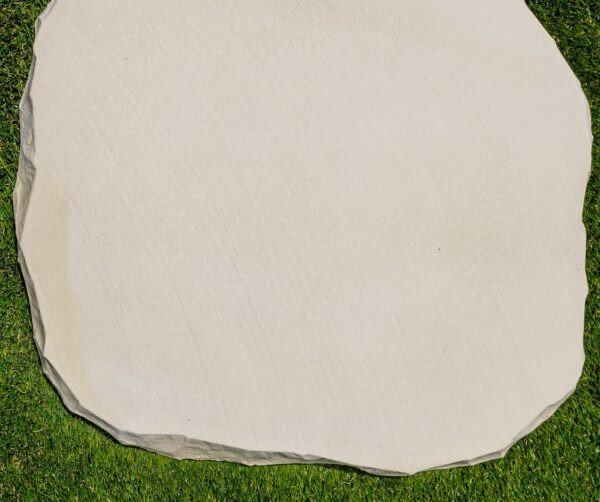
- Byron (Cream) Concrete Wet Cast Pavers
- Black Rock (Charcoal) Concrete Wet Cast Pavers
- Newhaven (Grey) Concrete Wet Cast Pavers
- Whitehaven (White) Concrete Wet Cast Pavers
Still unsure? Have a look at paving solutions for pool decks to inspire your next project.
What are some of the downsides of concrete paving?
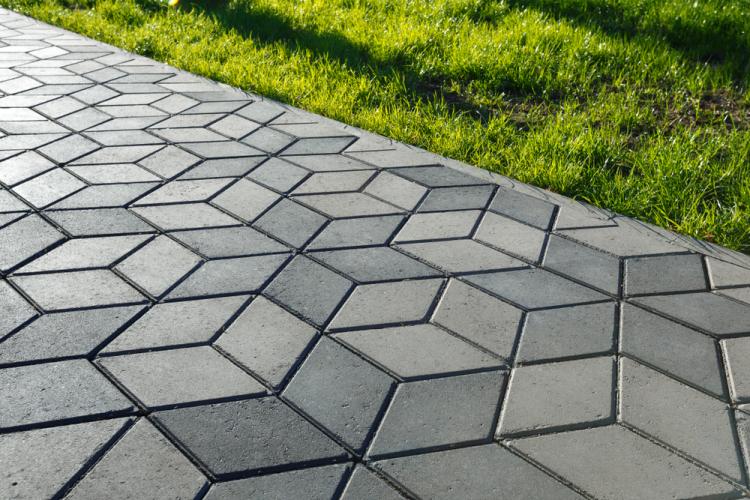
Concrete can be costly
Do you want to pave your driveway? Although it is generally cheaper than brick or natural stone, the cost can vary for professional installation. Site preparation, such as base material and levelling, stops cracking or shifting, so it adds to the initial cost.
Upfront expenses can be a lot for large projects, so if you're not planning to do the job yourself, you need to think about budget constraints. With this in mind, concrete paving slabs can offer you long-term value, you just need to plan carefully.
Installation constraints
Installing concrete paving slabs can be challenging for some homeowners, so you want to be well aware. Firstly, you want a well-prepared base with a stable base material like crushed stone to prevent future cracking or shifting.
Achieving this level surface is critical for the appearance and longevity of your paving, and correctly spacing and aligning these slabs can be tricky.
Concrete slabs are also heavy, so handling them requires strength and proper equipment to avoid injury and support placement accuracy.
Customisation limits
Concrete slabs are versatile, but they have a plain, industrial appearance that can lack natural beauty and unique textures found in materials such as stone or brick.
Although concrete slabs can be dyed or treated to mimic other materials, colour options are less varied and can fade over time.
Concrete can be textured or stamped and this can look artificial or repetitive compared to stone or wood. As a homeowner, this might be less attractive to you if you want a rustic, eclectic look!
Concrete can potentially crack
Concrete cracking can happen from heavy loads, ground movement, and extreme weather conditions. The ground beneath the slabs can shift- especially if there are temperature fluctuations where contraction and expansion stress the material.
Vehicles or large pieces of furniture can also place crazy amounts of pressure onto concrete paving, resulting in these cracks. A well-prepared base can prevent some of these risks but it can't eliminate the possibility.
Additionally, repairing cracks can be pricey and won't always restore the slabs to their original look. Sometimes, you might need to replace the slabs completely.
Wanting a closer look at some natural stone pavers for your Brunswick, Bundoora, Greenvale, or Mill Park residence? Paver Shop has a wide range for your outdoor space, including a range of sizes of concrete and an outdoor porcelain paver that boost the aesthetic appeal of your property.
Porcelain or Concrete: Paver Shop Can Help!
Looking for your one-stop shop for paving? With a range of colours, Paver Shop helps you find excellent options for commercial or residential projects, such as a pool deck or patio!
Opening in 2019, we are owned and operated by a trade professional with 20 years of experience in the paving and landscaping industry. Whether you’re after travertine, limestone, granite, bluestone, or sandstone, we find a finish and a size that you’ll love. Contact us today for professional guidance on outdoor appliances, a quality product that will work for you, or advice on maintenance requirements. Whatever you’re looking for, we have a “come to you” service!
